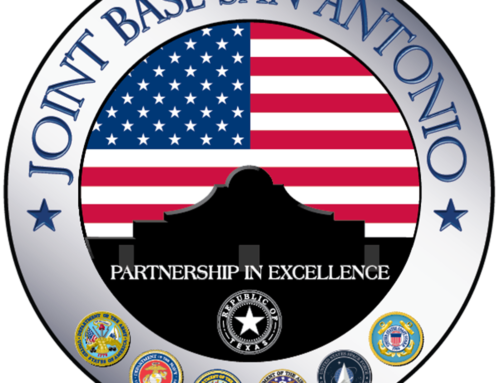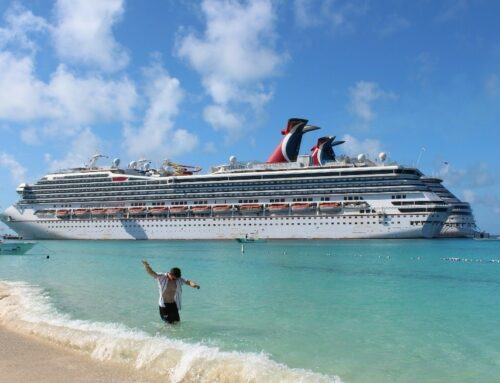The Baltimore Bridge Collapse, Part II: Today’s Legal Battle Over Baltimore’s Bridge Disaster
 As we earlier predicted, but still a controversial move, Grace Ocean, the owner and operator of the container ship M/V Dali, has filed a federal lawsuit seeking to limit its liability for the catastrophic destruction of Baltimore’s Francis Scott Key Bridge—an event that has left an indelible mark on the city and its residents. The bridge’s collapse not only disrupted daily life, but also exposed a tangled web of legal, economic, and environmental concerns.
As we earlier predicted, but still a controversial move, Grace Ocean, the owner and operator of the container ship M/V Dali, has filed a federal lawsuit seeking to limit its liability for the catastrophic destruction of Baltimore’s Francis Scott Key Bridge—an event that has left an indelible mark on the city and its residents. The bridge’s collapse not only disrupted daily life, but also exposed a tangled web of legal, economic, and environmental concerns.
At the heart of this legal odyssey is the Limitation of Liability Act of 1851 (LOLA), a piece of legislation as old as the seafaring traditions it protects. If successfully invoked by Grace Ocean, this act could significantly reduce the financial burden on the shipowner by capping any potential payouts at a mere fraction of the disaster’s estimated $2-4 billion cost. Specifically, the company aims to limit its liability to $43.7 million (based upon the alleged value of the of the ship’s port-country, plus “pending freight”), a figure far lower than the extensive damages estimate and its far-reaching consequences.
This reliance on a 19th-century law underscores a complex dilemma: how does law balance the needs of modern commerce with the principles of accountability and justice? Originally designed to both encourage maritime investment and protect American shipowners, LOLA now serves as a shield for both domestic and foreign vessels involved in incidents on U.S. waters. In this case, Singaporean entities—Grace Ocean and its operator, Synergy Marine—are at the center of a controversy that questions not only their responsibility for the allision, but also the applicability of historical legal protections in contemporary disasters.
Grace Ocean and Synergy Marine’s defense hinges on their claim of having no “privity or knowledge” of any potential vessel faults prior to the incident —a condition necessary for LOLA’s protections to apply. This assertion sets the stage for a legal showdown that could stretch over years, with lawyers specialized in admiralty law anticipating a focused battle over the shipowner’s awareness and responsibility. Should evidence emerge to the contrary, it could “break” the limitation of liability, opening the floodgates for significantly larger claims from plaintiffs, including the U.S. government.
—a condition necessary for LOLA’s protections to apply. This assertion sets the stage for a legal showdown that could stretch over years, with lawyers specialized in admiralty law anticipating a focused battle over the shipowner’s awareness and responsibility. Should evidence emerge to the contrary, it could “break” the limitation of liability, opening the floodgates for significantly larger claims from plaintiffs, including the U.S. government.
The implications of this lawsuit extend beyond the confines of the courtroom. It highlights the challenges of regulating international shipping, the adequacy of current laws to address the consequences of maritime accidents, and the ethical considerations of dramatically limiting compensation in the face of monumental damages. Furthermore, Grace Ocean’s request for a “concensus” to consolidate all related litigation in Baltimore’s federal court, coupled with a proposed deadline for claims, emphasizes the urgency and complexity needed to address this disaster’s aftermath.
As the legal proceedings unfold, the city of Baltimore, along with the maritime community at large, pays close attention. The outcome of this case could have lasting implications for U.S. maritime law, the principles of liability and compensation, and the safety measures governing the giants that traverse our seas. In navigating these choppy waters, the balance between protecting maritime interests and ensuring justice for those affected by such disasters remains as precarious and vital as ever.
We at the Herd Law Firm are proud to fight for seamen, maritime workers and passengers in all types of personal injury claims. As Houston maritime attorneys, we never waver in our commitment to help these maritime workers and their families when they are injured.
4/2/2024
Image Credit: Jim Watson- AFP/Getty Images










